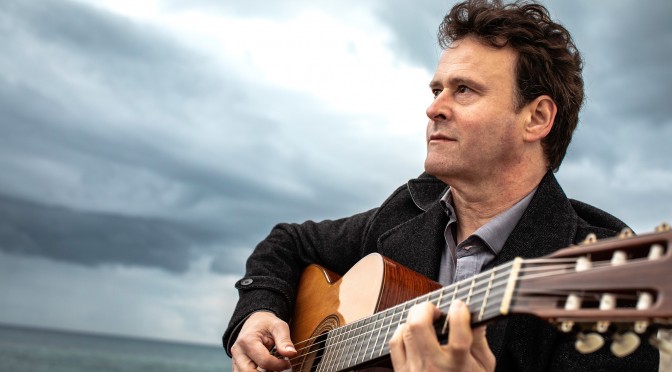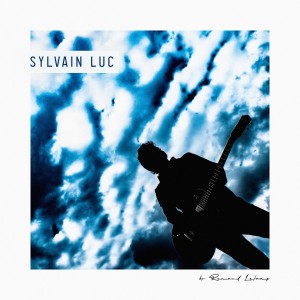From Manchester, UK comes the band Skeltr with their second album ‘Dorje’ released on Ubuntu records on October 9.
The line-up for this band is
- Sam Healey – Alto Saxophone, Vocals, Keys
- Craig Hanson – Drums
Skeltr started as an experimental late night session and their first UK live show was at the 2017 Manchester Jazz Festival, where the band made an auspicious start, leading to performances across European jazz festivals, including Reykjavik JazzFestival, InJazz, Rotterdam and the famous Osloscene Club in Norway.
All six originals on the album are compositions by multi-instrumentalist Sam Healey and guest appearances are made by Hayley Williams on ‘Siren’ and Manchester rapper KinKai on ‘KinKai’s Question.’
The album starts with ‘Cheef Beef’ a song with a steady groove dominated by a multi-layered saxophone creating a really full and pushing sound. The lyrics of this song are about reflecting where we can find happiness. I guess the answer is given with this positive and cheerful song. Great start into the album.
‘Braila’ is the next song, named after the hometown of Sam’s wife. Long notes in the melody create an elevated feeling, like an anthem, but also with intermissions where Craig Hanson and his drumming is featured. A long and intensive saxophone solo leads to a magnificent end. One of my favorites on the album.
‘Siren’ features Hayley Williams on vocals, no lyrics, just her voice, the melody comes in unison with Sam Healey’s saxophone. Hayley’s singing has a great bluesy contrast to the clear composition.
‘KinKai’s Question’ is the next song and it features rapper KinKai in a fantastic song. Fender Rhodes and drums are laying the ground for the words of KinKai, another highlight of this album. The lyrics are inspired by the preface of the book ‘Modern Buddhism’ which Sam Healey presented to KinKai for this song.
‘Fjord’ starts with long synthesizer chords and a saxophone melody with very long notes, the middle part has harmonies that remind me of the Brecker Brothers.
‘Nesodden’ the last song is named after a small island near Oslo, Norway, where Sam spent some time and got the inspiration for this album watching the beautiful scenery and reflecting on the importance to work on his internal and external world. The melody comes again in great long lines, reducing to give space for an extensive saxophone solo, nicely supported by Craig Hanson on drums.
‘Dorje’ is a great album with a unique sound based on the saxophone playing of Sam Healey, the compositions are all convincing and the rich tone and the various stylistic elements are the main characteristics for this positive overall picture. Definitely something new and interesting, so please listen to this album.
Sam Healey produced also a nice little video going through the album and playing a little bit:
And finally the album as a playlist on Spotify:



